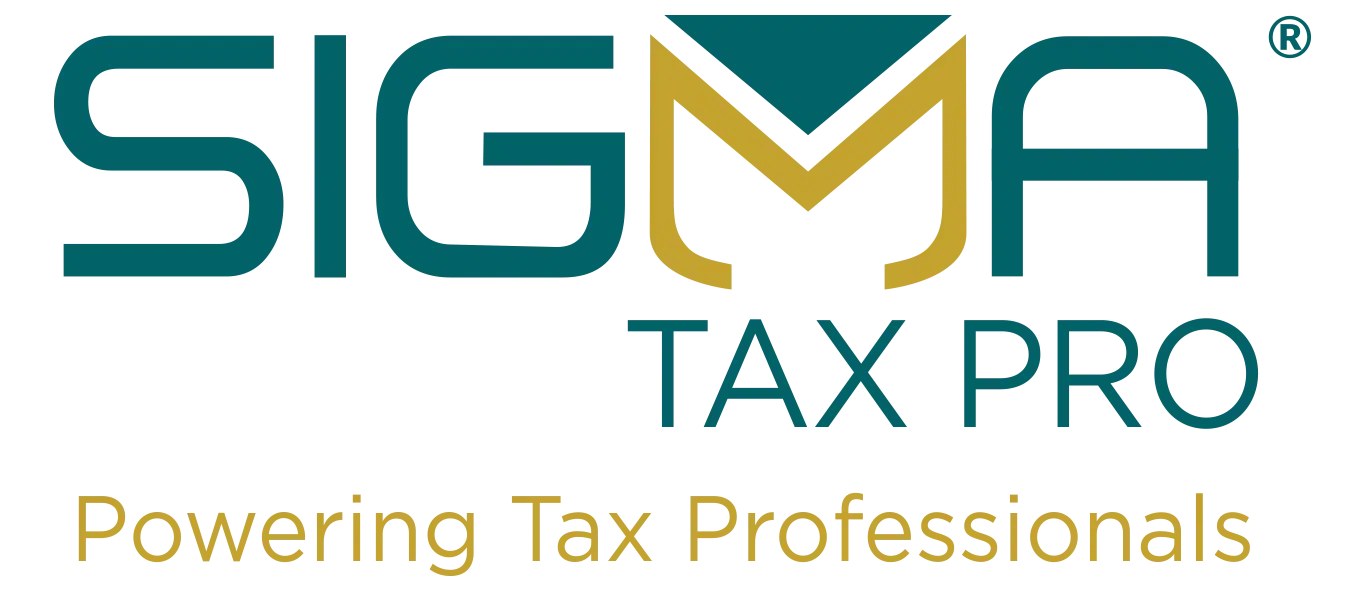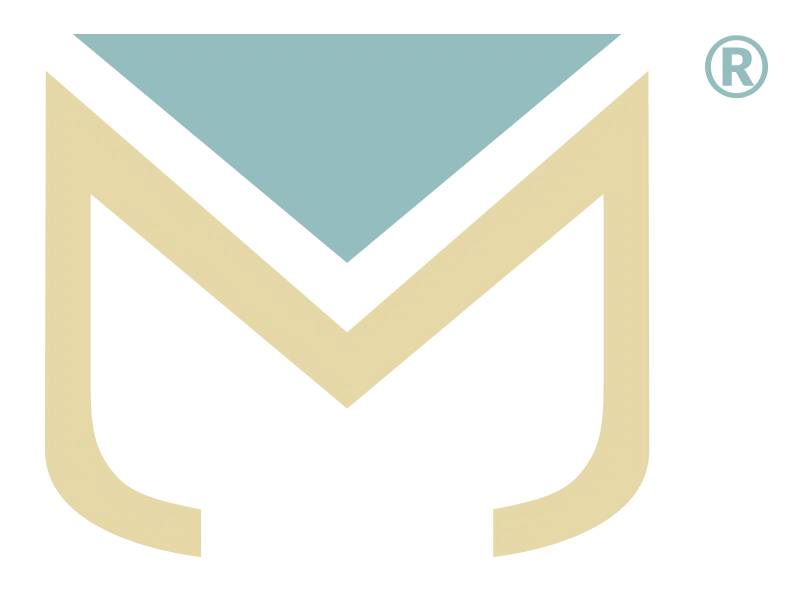One of the primary goals of many tax preparation services is to reduce the chance of their self-employed clients being audited by the IRS. Asking a few questions and gathering enough information is key to decreasing the odds of getting audited. Taking the time to perform these steps requires more effort, but it’s well worth it for a tax preparer. Understanding how to limit IRS audit red flags creates a much better experience for both the tax preparer and the client.
Who Gets Audited by the IRS the Most?
The odds of being audited are significantly increased for self-employed taxpayers if they continue to take a loss on their business each year. However, the client is most likely safe from auditing if they report a profit for at least three out of five years.
It’s also essential for a tax preparer to report any amount of income from a self-employed client. Many clients falsely believe that their income isn’t taxable if it is under $600 for the year. Ultimately, self-employed taxpayers have much more leniency while filing taxes, which is one of the main reasons that they are under greater scrutiny.
Discussing Your Client’s Chances of Getting Audited
The chance of getting audited by the IRS always increases if there are several or glaring red flags. Professional tax preparation services will look at avoiding these red flags while ensuring that all information is accurate. A few of the standard IRS audit red flags include the home office deduction, large deductions for meals and travel, an inflated income, or income loss each year.
Reaching out to your self-employed clients to discuss the chances of getting audited by the IRS is vital in preparing them for this ever-present possibility, especially if they show several red flags on their tax returns. Typically, only one percent of taxpayers making less than $200,000 can expect to be audited. Of course, this percentage can be significantly higher for taxpayers who include any “oversized” deductions on their return.
A taxpayer that earns more than $1 million each year has a 12% chance of getting audited, while those earning between $200,000 and less than $1 million have a 4% chance of getting audited by the IRS. An experienced tax preparer can ensure that information gathered remains accurate as to avoid red flags. Of course, it’s still possible to be audited even if you don’t have any errors or red flags present on your taxes.
What Can Clients Expect During the Audit Process?
Taxpayers often misunderstand that an IRS representative will meet them at their front door to discuss an upcoming audit. However, the vast majority of audits are conducted through the mail instead of an in-person meeting. An initial letter will usually be received to provide instructions for contacting the IRS, while requesting additional information regarding your income, expenses, or any deductions.
Professional tax preparation services can help clients throughout this process to ensure they have all the documentation needed to support their claims. Tax preparers can work with self-employed clients to help them obtain all the required information while making the audit process less stressful. Enrolling in an audit assistance program is also an excellent option for making this situation more manageable.
What is an Audit Assistance Program?
Sigma Tax Pro offers an audit assistance program to guide clients throughout the audit process. Audit assistance will help clients receive the refund due, while covering Schedule A and Schedule C, without additional costs. This program will also manage all correspondence between the IRS and your client at a set fee. Sigma Tax Pro’s audit assistance program costs less than $60 for tax preparers, with preparers typically charging their clients an additional $39 above cost for these services, which is much more affordable than working with outside audit companies.
Final Thoughts
Knowing how to avoid an audit is often a top priority for tax preparation services. A tax preparer can help clients prevent audits by ensuring that reported information is accurate. However, it’s still possible for a self-employed taxpayer to eventually be audited by the IRS. Investing in an Audit Assistance Program from Sigma Tax Pro is the best way to simplify this process while helping your clients receive the refunds they deserve if they have been denied education credits, EIC, child credits, or similar.
Now is a great time to partner with a professional tax preparer at Sigma Tax Pro to learn more!





